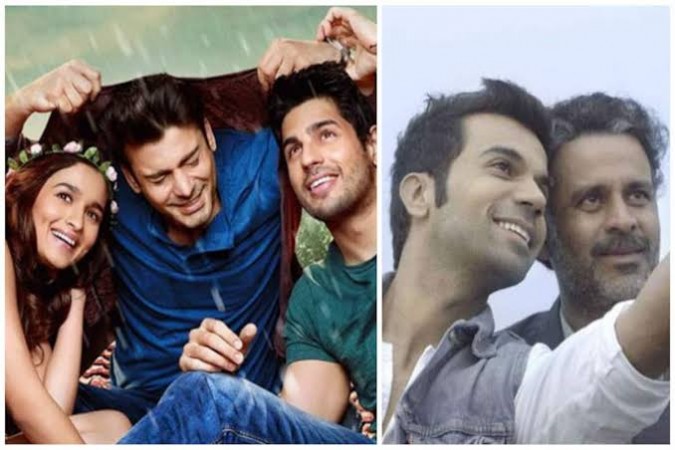
The depiction of LGBT themes in popular culture serves as a yardstick for advancement and acceptance in a society characterized by diversity and shifting ideologies. While the world sees a growing push for inclusivity and understanding, Indian cinema has struggled with a paradox: the censor board's resistance to LGBT narratives, while talented filmmakers work to illuminate this crucial aspect of the human experience. This article explores the contradictory state of LGBT representation in Indian cinema, showcasing the outstanding works that defy expectations and foray into uncharted territory.
LGBT representation has been kept in the shadows of censorship for many years, frequently being relegated to the edges of the cinematic universe. The Indian censor board's unwillingness to address this issue has cast a shadow over the sector and deprived audiences of compelling stories that could promote empathy, understanding, and advancement.
Despite the strangling obstacles posed by censorship, Indian filmmakers have risen to the challenge, creating moving and thought-provoking stories that sensitively and deeply explore LGBT experiences. These movies have carved out a niche for themselves, demonstrating the power of cinema as a tool for social change with everything from heartwarming stories of love and resiliency to narratives of self-discovery and societal challenges.
"My Brother... Nikhil" was a groundbreaking movie that promoted empathy and acceptance while examining the complexities of relationships and stigmatization against the backdrop of the AIDS epidemic.
"Fire": A groundbreaking work that sparked conversations about homosexuality, "Fire" addressed issues of unmet desires and societal norms in the context of a complex familial dynamic.
"Aligarh": The movie sparked debates on privacy, individuality, and human rights. It was based on the true account of a professor's struggle with his sexual identity.
"Kapoor & Sons": This family drama skillfully incorporated LGBT themes into its plot, bringing attention to the difficulties faced by individuals in traditional societies.
The censor board's hesitation won't go away, but there is no denying the power of film to shape opinions and spark conversation. These films' compelling stories have the power to challenge prejudice, close gaps, and promote understanding, having an impact that extends far beyond the boundaries of the silver screen.
There is an undeniable urgency for India's censor board to embrace LGBT narratives with an open mind as societies around the world move toward inclusivity. The lack of such narratives fosters ignorance, stifles discussion, and impedes the country's progress toward enlightenment and acceptance.
It is encouraging to see films that dare to enter this taboo territory come to life, even though the curtain on LGBT representation in Indian cinema is still very much open. A ray of hope can be found in the inventiveness of filmmakers and the tenacity of the artists who support these stories. It is critical that the censor board and the industry as a whole acknowledge the transformative potential of LGBT narratives and open the door to a more progressive and inclusive cinematic landscape as society changes.
Amitabh's Epic October: Rewriting Bollywood's Record Books with Four Consecutive Hits
The Artistry Behind Bollywood's Endearing Repeated Title Phenomenon